EV manufacturer Polestar joins Tesla and quits car body over emissions rift
A national motoring body is doubling down on its attacks on the Albanese government’s proposed fuel efficiency standards despite the lobby group losing two of its members over its stance on Labor’s policy.
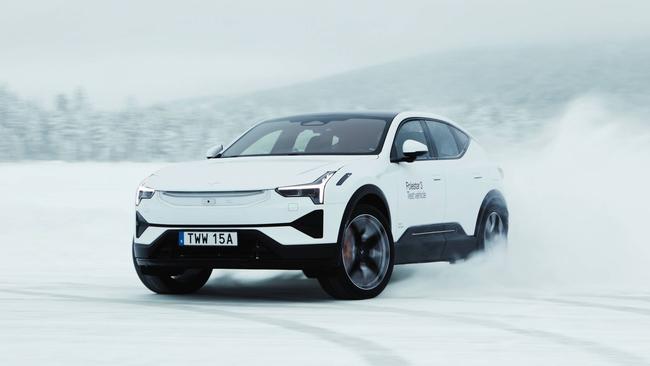
A national motoring body has doubled down on its attacks on Labor’s proposed fuel efficiency standards, warning they will force up car prices despite electric vehicle giants Tesla and Polestar quitting the group over its stance.
Federal Chamber of Automotive Industries chief executive Tony Weber stared down criticism from Tesla and Polestar on Friday, saying the FCAI would not support a policy that would force up car prices and reduce choice for consumers.
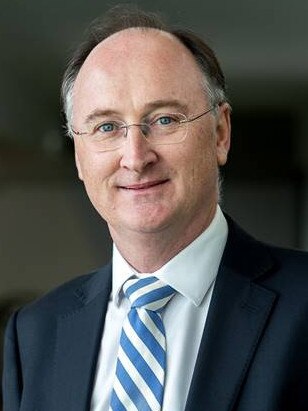
“FCAI cannot support a standard that in the short term might meet the needs and pockets of those at the premium end of the market while potentially hurting businesses and families who may be forced to deal with less choice and higher prices next time they buy a new car,” Mr Weber said.
“The timing, targets and penalties of the government’s current proposed standard are unprecedented. There needs to be change, but it must be at a rate that the industry and consumers can support.”
Chinese-owned EV company Polestar followed Tesla in quitting the group, warning the industry body had “irrevocably damaged consumer perception and trust in the proposed policy”.
In a letter from Polestar Australia head Samantha Johnson on Friday morning, the EV manufacturer officially resigned from the FCAI.
“The brand cannot in good faith continue to allow its membership fees to fund a campaign designed to deliberately slow the car industry’s contribution to Australia’s emissions reduction potential,” Ms Johnson wrote.
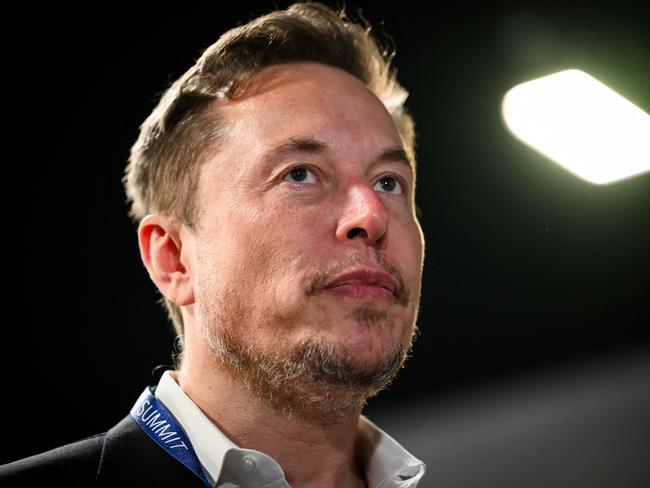
“Such a campaign is not aligned with Polestar’s focus and we cannot support it.”
Billionaire Elon Musk’s Tesla sensationally quit the group, accusing the FCAI of making “demonstrably false” claims about how the vehicle efficiency standard would impact car prices and of engaging in behaviour likely to “mislead or deceive Australian consumers”.
It dismissed as “simply untrue” claims the new standards would raise the cost of a Tesla Model 3 by $15,940 and a Model Y by $15,390.
In a submission to the government, Tesla criticised FCAI, saying it had run a concerted public campaign against the plan, including claims it would increase the price of a ute by up to $13,000.
After submissions closed on Monday night for the Albanese government’s plan to cut vehicle emissions, several motoring and business groups made their demands of Labor public, lashing what they say is a “reckless” and “heavy-handed” model.
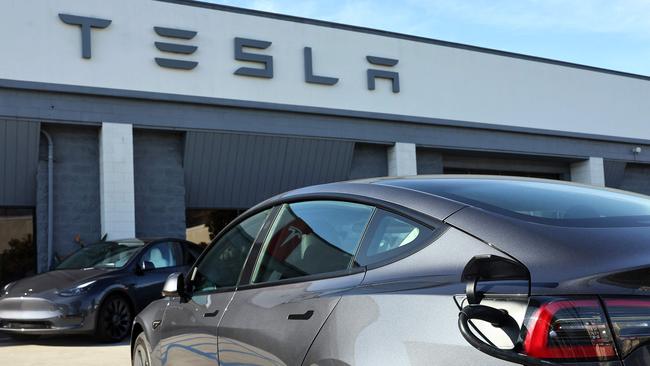
Under the new rules, carmakers such as Toyota, Ford and Hyundai face fines unless they lower the carbon intensity of their Australian fleets by more than 60 per cent by the end of the decade.
The Australian Chamber of Commerce and Industry has estimated the fines imposed on carmakers of $100 for each gram of carbon dioxide per kilometre by which their fleet exceeds the proposed ambitious targets would add $2300 to the cost of a vehicle imported into Australia.
Some car manufacturers warned the government is moving too fast, with Labor intending to legislate fuel efficiency standards in the first half of the year ahead of the new rules coming into effect from January 1, 2025.


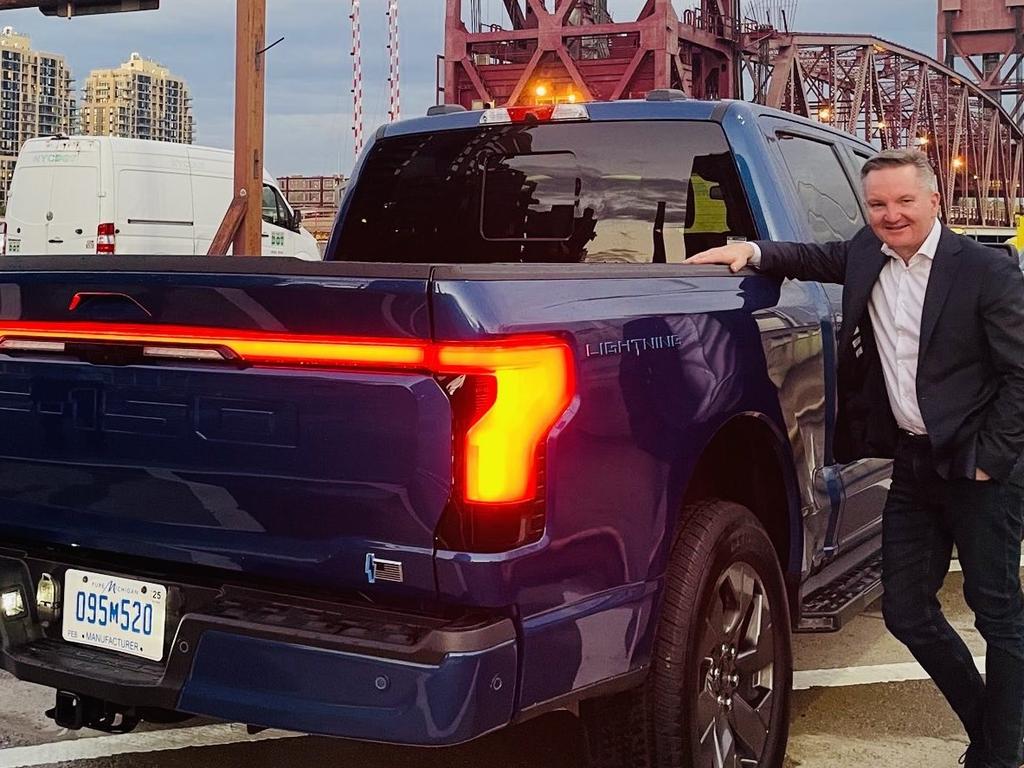



To join the conversation, please log in. Don't have an account? Register
Join the conversation, you are commenting as Logout